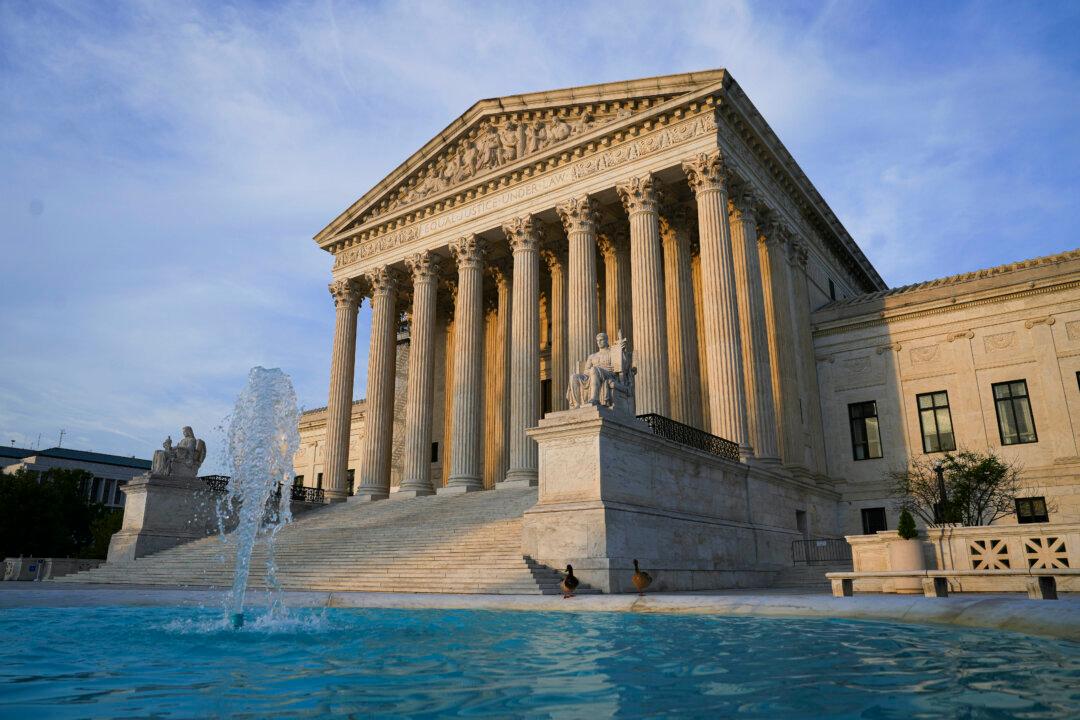The U.S. Supreme Court on Thursday dismissed a suit brought by a group of Republican attorneys general, who sought to keep in place the emergency Title 42 measure implemented by the Trump administration, which expired last week.
The high court’s Thursday ruling (pdf) ended Title 42, the emergency measure that the Trump administration implemented in March 2020 as a reaction to the COVID-19 pandemic, and concluded a legal saga between Republican states and the Biden administration that lasted months before the measure expired on May 11.





